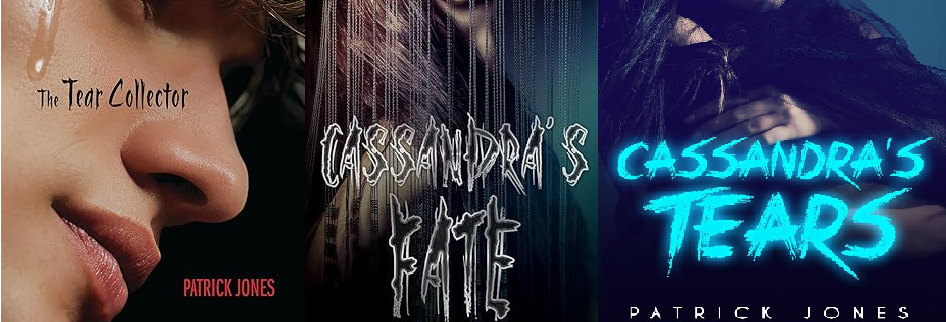 A few years ago I became involved with a writing project to create content for the Fountas & Pinnell Leveled Literacy Intervention System (LLI). This is a “small-group, supplementary literacy intervention designed to help teachers provide powerful, daily, small-group instruction for the lowest achieving students at their grade level. Through systematically designed lessons and original, engaging leveled books, LLI supports learning in both reading and writing, helps students expand their knowledge of language and words and how they work. The goal of LLI is to bring students to grade level achievement in reading.”
A few years ago I became involved with a writing project to create content for the Fountas & Pinnell Leveled Literacy Intervention System (LLI). This is a “small-group, supplementary literacy intervention designed to help teachers provide powerful, daily, small-group instruction for the lowest achieving students at their grade level. Through systematically designed lessons and original, engaging leveled books, LLI supports learning in both reading and writing, helps students expand their knowledge of language and words and how they work. The goal of LLI is to bring students to grade level achievement in reading.”
 It seemed easy enough: create very short stories that would appeal to kids who struggled with reading. And it turned out to be one of the hardest writing projects because there were so few words to work with, but also a lot of rules including a list of taboo topics (no guns, for example) Like many work for hire projects, a formula drove the writing. Each book needed certain elements organized around a “big idea” – which to me always seemed a moral (one story got shot down because a kid didn’t get arrested for a criminal act) and starting a story with a moral can dome a story from the get-go. So I had to tell an exciting story where a character makes a gut wrenching decision in under 1200 words.
It seemed easy enough: create very short stories that would appeal to kids who struggled with reading. And it turned out to be one of the hardest writing projects because there were so few words to work with, but also a lot of rules including a list of taboo topics (no guns, for example) Like many work for hire projects, a formula drove the writing. Each book needed certain elements organized around a “big idea” – which to me always seemed a moral (one story got shot down because a kid didn’t get arrested for a criminal act) and starting a story with a moral can dome a story from the get-go. So I had to tell an exciting story where a character makes a gut wrenching decision in under 1200 words.
 So while I had many ideas rejected (my favorite revolved around a kid standing in line to visit his father in prison, which started as flashback scene in one of the Locked Out books), I did manage to push four books through the system. They’re only available as part of these kits, so while the audience for them might be small, given the success of the Fountas & Pinnell Leveled Literacy Intervention System my hope is that the impact will be significant. These are short stories about kids of color in situations I think they’ll recognize about family and friends, about trying trying to make the good choices in a bad world someone else owns.
So while I had many ideas rejected (my favorite revolved around a kid standing in line to visit his father in prison, which started as flashback scene in one of the Locked Out books), I did manage to push four books through the system. They’re only available as part of these kits, so while the audience for them might be small, given the success of the Fountas & Pinnell Leveled Literacy Intervention System my hope is that the impact will be significant. These are short stories about kids of color in situations I think they’ll recognize about family and friends, about trying trying to make the good choices in a bad world someone else owns.
 One last thing: sometimes doing “how to” writing gigs, I’ll have someone tell me about a picture book they’ve written and how it was so easy because there are so few words. Wrong. That is what making writing picture books the hardest thing in the kid lit world, so even though that’s not my gig, I have great respect for people who do, which is all such a segue way / excuse to pitch Worm Loves Worm by J. J. Austrian, a book where it doesn’t matter who wears the tux and who wears the wedding dress. Why? Because worm loves worm, and that’s enough.
One last thing: sometimes doing “how to” writing gigs, I’ll have someone tell me about a picture book they’ve written and how it was so easy because there are so few words. Wrong. That is what making writing picture books the hardest thing in the kid lit world, so even though that’s not my gig, I have great respect for people who do, which is all such a segue way / excuse to pitch Worm Loves Worm by J. J. Austrian, a book where it doesn’t matter who wears the tux and who wears the wedding dress. Why? Because worm loves worm, and that’s enough.
